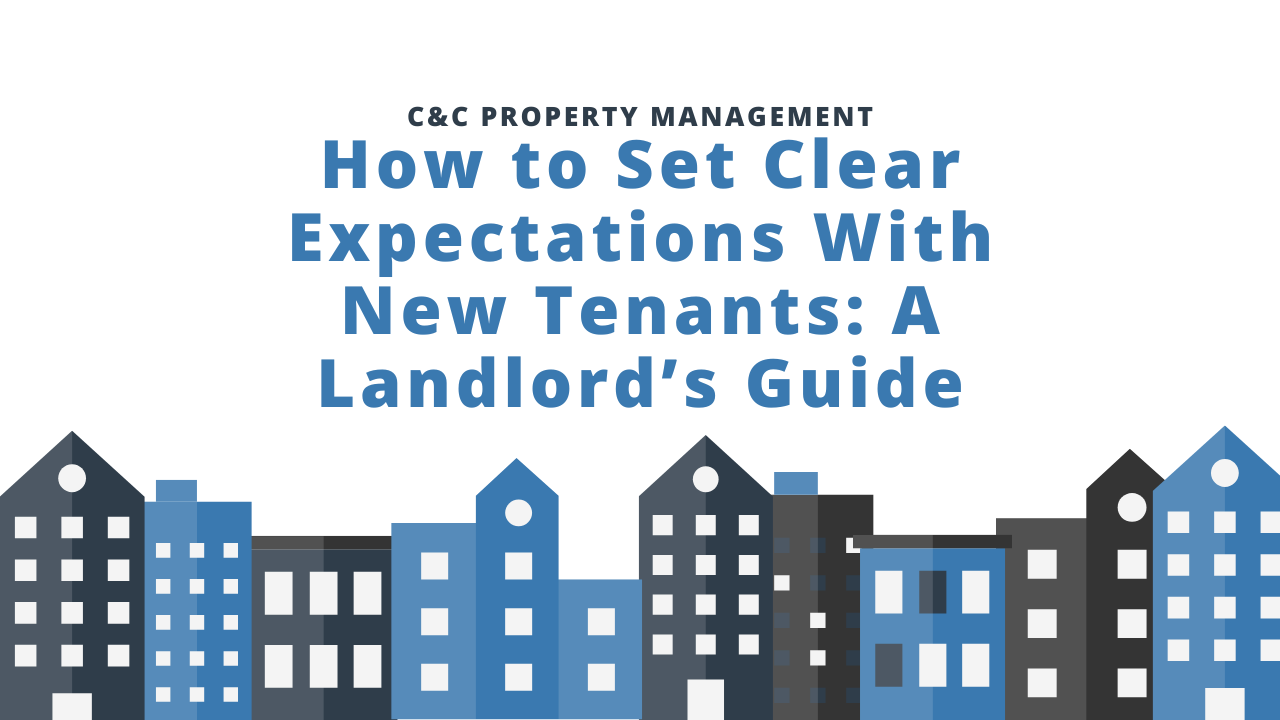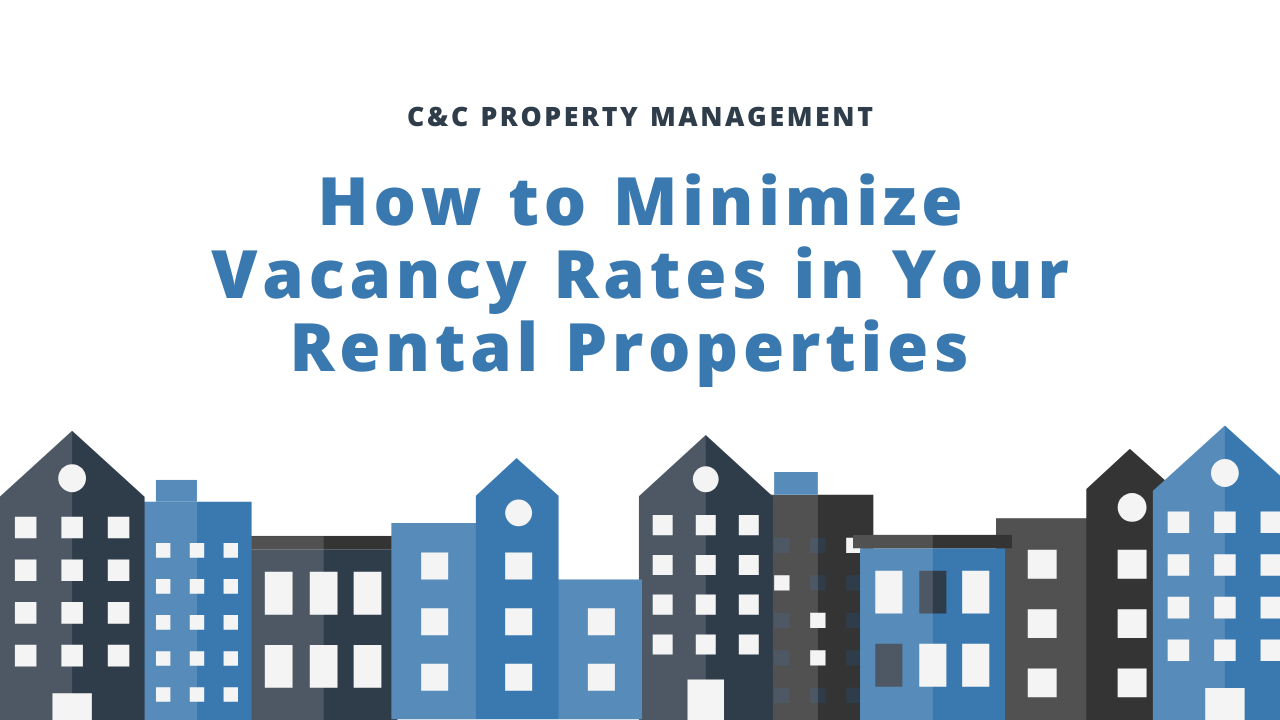California Rental Laws - An Overview of Landlord Tenant Rights
Both rental owners and their tenants automatically obtain certain rights and responsibilities after establishing a rental housing agreement, called the landlord-tenant laws and the tenant protection act.
Under California law, a lease agreement can be formed in one of three ways between a landlord and tenant: verbally, through written text, or if a payment is accepted as rent.
As a landlord, familiarizing yourself with the California Residential Landlord & Tenant Act is key to your success with your tenant. Among other things, you may be able to avoid legal problems with the tenant, protect your rights, and discharge your duties better for an overall solid landlord-tenant relationship.
The following is a basic overview of the California residential legislation to get you started on your residential rental properties under the local rental laws.
Required Landlord Disclosures in California
According to California landlord-tenant law, the following are some of the housing disclosures that property owners must make to residential tenants before the rent period begins.
- Concentrations of lead-based paint if the rental unit was built in 1978 or earlier.
- Written information about bedbugs and how the tenant can report or handle an infestation.
- Information about any known mold.
- How sharing of utility bills among tenants in a multi-family unit is going to be.
- Information about asbestos, especially if the housing unit was built in 1979 or earlier.
- Information regarding a planned demolish exercise that can impact the tenancy.
- Disclosure about smoking rules if there is a policy in place.
- Disclosure on whether the unit is located in a known flood zone.

California Tenant Rights & Responsibilities
The following are some of the rights that tenants in California have under state regulations and the Tenant Protection Act. A right to:
- A proper eviction process.
- Receive notice from the rental owner before termination of a periodic lease or rental agreement.
- The tenant be treated fairly in accordance with all applicable anti-discrimination laws and the Federal Fair Housing Act from tenant screening to management or eviction.
- The return of the deposit to the tenant, or whatever portion remains, after the lease ends.
- Have the rent increased in accordance with the lease, and state and rent control laws. If rent control is in place, the tenant has a right to contest any rent increases.
- Receive notice before the landlord enters the unit during the rent period.
- Live in a habitable unit with all safety regulations followed.
- Have repair requests fixed in a timely manner, this means within 30 days.
- Withhold rent if the landlord fails to provide essential services for habitable housing.
- Be provided with certain tenant disclosures before the rent period.
- Break the lease under justifiable reasons
The California Tenant Protection Act, enacted in 2019, builds upon existing state laws by limiting rent increases and providing additional protections against unjust evictions, further strengthening tenant rights and promoting housing stability across the state.
As for responsibilities, tenants in California must do the following under California law.
- Keep the unit clean and sanitary.
- Keep the unit livable.
- Report maintenance issues to the landlord within a reasonable time.
- Not disturb the peace and quiet of other tenants.
- Make small repairs and maintenance.
- Provide the landlord with proper notice before terminating a periodic lease.
- Pay rent on time and also pay rent in-full.
- Allow landlord entry to the unit to carry out important responsibilities.
California Landlord Rights & Responsibilities
Landlords in California have a right to:
- Evict a tenant from the unit if they commit a lease violation, such as causing damage exceeding normal wear and tear, or unpaid rent.
- Enter the rented unit to do important things like respond to an emergency, or inspect the home.
- Raise rent so long as the increment abides by the rental agreement provisions, as well as statewide rent control law and local rent control laws.
- Subject all rental applicants to a tenant screening process before they can sign the lease agreement for the rental. The process must be fair and equal according to Fair Housing Laws.

The following are some of the landlord responsibilities California landlords have as per federal and state law.
- Provide the tenant with habitable housing.
- Abide by the state’s security deposit rules.
- Follow the proper eviction process when trying to eject the tenant from their unit.
- Treat renters without discrimination.
- Provide advanced notice to tenants before entering the unit, unless it is an emergency.
- Ensure tenants live in peace and quiet enjoyment.
- Abide by California security deposit laws and rent control laws.
- Respond to maintenance requests from the tenant within a reasonable time.
Let us help you navigate the property management industry with our years of expertise! From knowing the ins and outs of rent control to security deposit law, we can help you manage it all! As well, aspects such as rent control as subject to quick changes, so we can keep you up to date on any and all updates to the law that aims to protect tenants as well as landlords.
An Overview of the California Landlord-Tenant Laws
Tenant Privacy
California tenants have a right to enjoy their rented premises in peace and quiet. Among other things for tenant protections, this means that landlords cannot enter their rented premises any time they like. Landlords must observe certain rules, which have been designed for tenant protections in the rental market.
One of the rules is serving them proper notice before entry. Landlords must provide tenants with an advance written notice of at least 24 hours. The only exception here is when responding to an emergency situation.
Another rule a landlord must observe is only entering rentals for a legitimate reason. The following are some examples.
- To inspect the unit.
- To make needed or requested repairs.
- To show the unit to prospective tenants, buyers, or repair workers.
- Under court orders.
- To serve an important and reasonable notice.
Another rule a landlord must observe when entering a tenant’s rented unit is observing the proper entry times. Under state legislation, the entry must only occur during normal business hours.
Warranty of Habitability
Landlords must provide tenants with livable housing. In other words, the unit must meet the state’s basic health and safety codes.

The following are some of the things that landlords will need to do to make their property habitable as per the state’s Warranty of Habitability:
- Running cold and hot water.
- Working smoke and carbon monoxide detectors.
- Working light fixtures.
- Sufficient trash receptacles.
Landlords must also make requested repairs within 30 days or sooner depending on the severity of the problem and must take care of it themselves as per affordable housing.
If a landlord fail to provide a habitable property or make the requested repairs within a reasonable time, their tenant may be able to take some actions. Including, canceling the rent agreement.
Security Deposits
California landlords must observe certain rules if requiring a security deposit as part of the initial move-in rent costs. The following are some of those rules under California's legislation.
- The deposit to charge renters must not exceed 2 months’ rent, but a month's rent may be too low.
- Landlords must store the deposit in accordance with local laws. Some cities, for instance, require that landlords store their tenants’ deposits in an interest-bearing account.
- Any deductions you make must be for legitimate reasons, such as covering lost rent payments or the cost of restoring the residential rental unit to its original condition.
- You must return the deposit within 21 days after the tenant has vacated the unit. Tenants must provide landlords with their new forwarding address.
Please note that wrongfully withholding the deposit can have severe financial and legal repercussions. If there are rent increases, you may be able to raise the amount of the security deposit under statewide rent control regulations.
California Housing Discrimination Laws
As a landlord, you must treat your California tenant without any discrimination based on certain protected classes under the local rental laws from tenant screening to the management of the property.
Some of the classes include race, color, religion, sex, nationality, gender identity, citizenship status, ancestry, sexual orientation, and immigration status. As your property manager, we help you navigate this among other things like rent control laws and marketing. Affordable housing doesn't mean that tenants don't have to pay rent on-time or in-full, but they do deserve an equal chance!
Conclusion
Understanding California landlord-tenant law is key to becoming a successful landlord. Hopefully, this comprehensive guide will help you do just that. If you have a question or need expert property management services, C&C Property Management can help. We are dedicated to assisting our clients with all their investment property management needs as property owners, ensuring efficient operations, tenant satisfaction, and optimal returns on their investments.
Disclaimer: Please note that the information provided in this blog is intended for general guidance and should not be considered as a replacement for professional legal assistance. It is important to be aware that laws pertaining to property management such as rent control laws or security deposits may change, rendering this information outdated by the time you read it.








